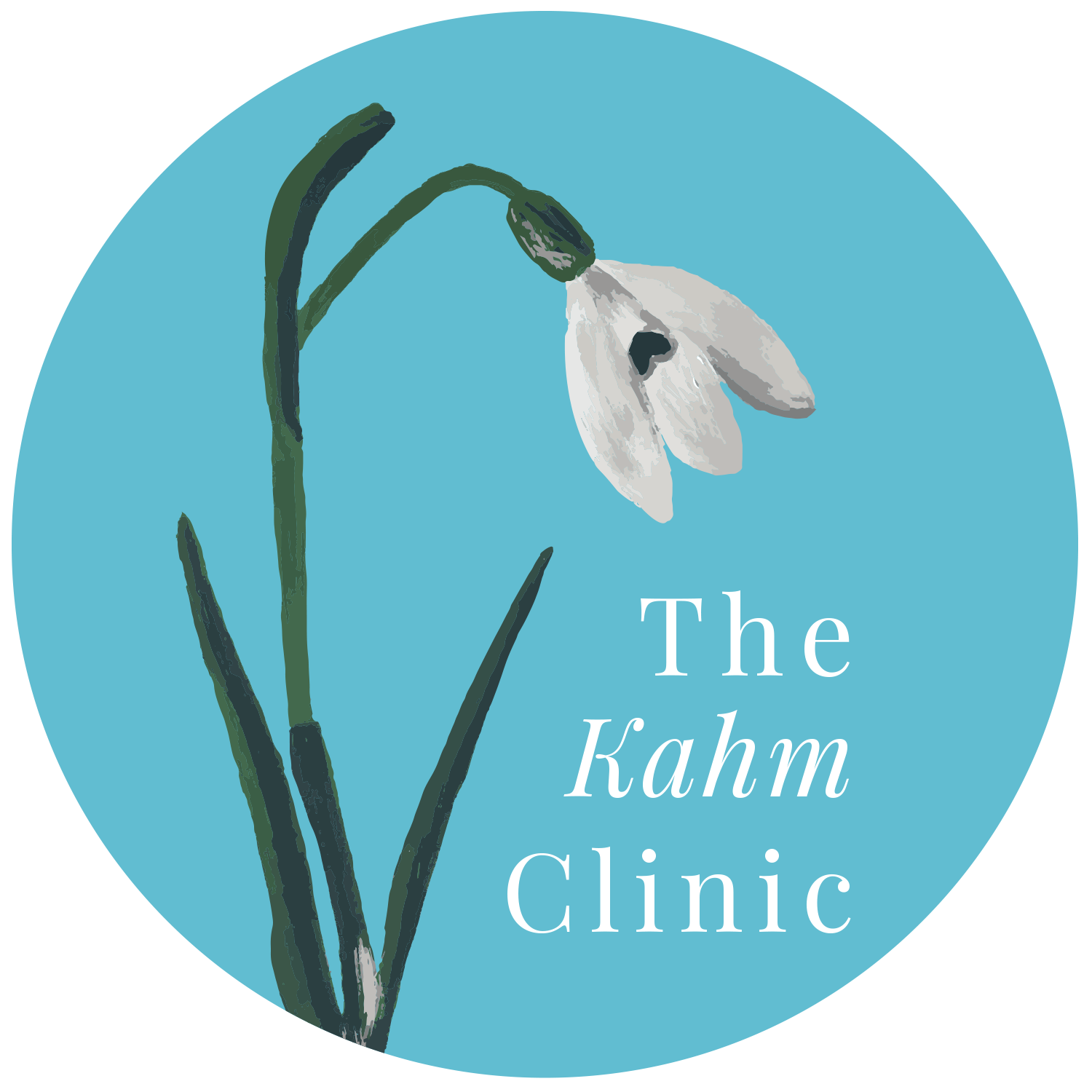Five Tips for Eating Disorder Recovery
Eating disorder recovery is not one size fits all. “Anyone with an eating disorder can fully recover, but everyone’s journey to recovery will be a little different,” says Vermont-based nutritionist Elaina Efird, RDN, CD, CEDRD, CSSD. There are a lot of ways that recovery is successful and a lot of ways that individuals reach recovery.
Even so, there are some common themes that are helpful to remember for everyone’s journey. Here are five tips to keep in mind as you seek treatment.
1. Ask for support during eating disorder recovery.
Don’t try to recover on your own! In an ideal world, each patient would have a multi-disciplinary team that includes a physician, therapist, and dietitian. However, not everyone has access to these three health professionals. In many cases, a combination of two of these people can still be very helpful.
It’s also important to have family and friends offer support on your journey. “One of the biggest things that an eating disorder likes to do is tell you, ‘Ah, you can do this on your own,’” explains Elaina. “That’s the eating disorder’s way of isolating you…of trying to get you to stay in your eating disorder.” Ignore that belief. A strong support system is integral to your recovery.
2. Try to give up control.
It’s easier said than done, right? Eating disorders are usually about control. It manifests as control over food or body, but the disease is often about much more than that. When it comes to recovery, it’s important to give up that need for control, especially control over your treatment plan.
“I work with a lot of clients who try to control what we’re doing as we work towards their recovery,” Elaina explains. “They often have stipulations, like they’ll only recover if X, Y, or Z happens. That’s the eating disorder talking. We want to move away from that.” Do your best to put your recovery in the hands of your treatment team.
3. Allow your body to fully heal.
Don’t get hung up on a goal weight; it’s about so much more than a number on the scale. You may hit your goal, but your body might not be fully healed. As we’ve seen in many case studies, your metabolism may still be low, your hunger cues might not be back, and so on. It takes time to recover from the damage done by an eating disorder. Give your body space to return to normal functioning.
4. Eating disorder recovery is not linear.
It’s very common for patients to relapse — and that’s okay. Try to avoid extreme statements like, “I’ll never purge again.” You might purge again, but hopefully, you’ll learn new coping mechanisms to make the recurrence happen less and less. Throughout your treatment, you’ll continue to work towards progressing to full recovery.
5. Determine your worth outside of your eating disorder.
This tip applies throughout eating disorder recovery and even afterwards. Oftentimes, an eating disorder becomes someone’s identity. “Clients don’t know who they are without the eating disorder,” Elaina shares. “They’ve always had the eating disorder…and they feel like that is who they are.” Know that you can have a full and amazing life without your eating disorder. It’s important to understand this truth as a motivator for recovery.
Most of all, remember that you can do it! There’s no such thing as needing to be “sick enough.” You deserve treatment that leads to recovery.
Subscribe to our YouTube channel to keep up with our video content!
To talk to a professional about eating disorder treatment, nutritional needs, and more, please reach out to our staff or schedule an appointment at The Kahm Clinic today.

